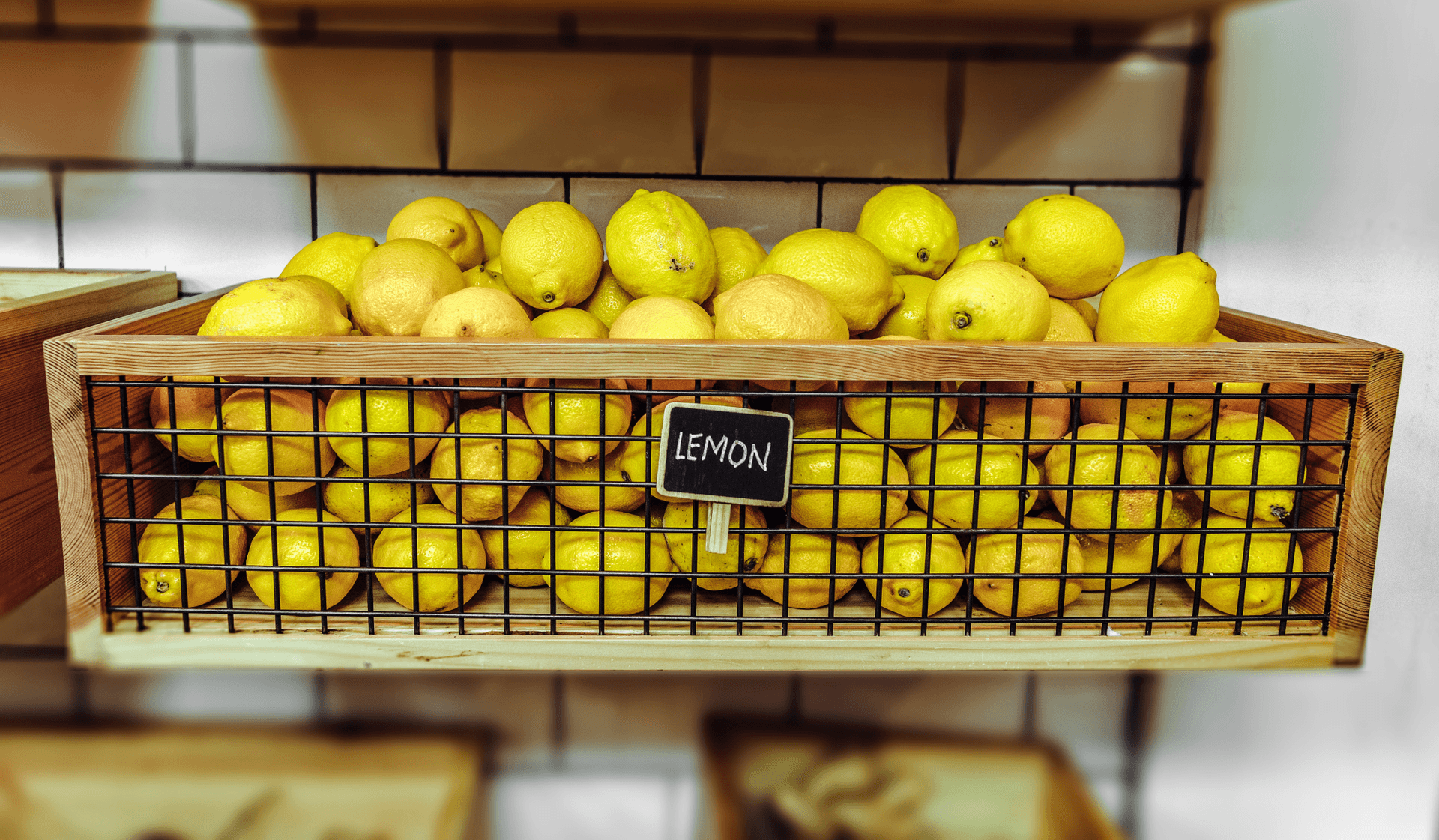How to avoid buying a bad property
There is no law that requires the vendor to sell you a perfect property: buyer beware!
When you buy an existing property, you buy it in the current condition that it's in, on the day you sign the contract. This is often referred to as buyer beware or caveat emptor in Latin.
The buyer beware principle applies = you buy the property as is. The vendor doesn't have to sell you a perfect property - things can be broken, scratched, stained, mouldy, leaking, smelly, contaminated and/or missing. That's why it's so important to turn on all gas and electrical items during open for inspections (including air-conditioners, heaters, rangehood buttons, door bells and garage doors), and in older properties, it is prudent to turn on a hot water tap and flush the toilet, to clarify the condition of the plumbing and hot water unit. You are entitled to check every cupboard, open every blind/curtain and look inside sheds, garages, under and above house storage - indeed, the contract says you were given a reasonable opportunity to thoroughly inspect the property before you signed the contract.
If a real estate agent tells you that the vendor will fix, remove or clean something, that's not legally binding. Nothing the agent says/emails/SMSs you is legally binding - only what's written in the contract counts, provided it is written using legally enforceable wording. If you would like a property to be cleared of rubbish, or something fixed before settlement of your purchase, your lawyer should draft a special condition to ensure the vendor complies with what they agree to do, or they will be financially penalised at settlement. Any bespoke special condition wording that the real estate agent inserts is unlikely to be legally enforceable for the purchaser, for example: The vendor will ensure all appliances are in good working order, and all rubbish is removed, by settlement is not legally enforceable without a specified financial penalty and an earlier timeframe to check compliance, so it's not worth the paper it's written on.
There are a lot of properties out there with dangerous flammable cladding, building defects, water damage, mould and also apartment buildings from the 60s/70s/80s/90s now in need of significant, expensive capital works (like new roofs). We often see illegal conversions of garages-to-bedrooms, and illegal backyard decks, which have been built without the proper Council and building permits = they are probably uninsurable. Buying a property with illegal building work can be a huge risk for a purchaser to take.
Getting a building + pest inspection done is always a wise investment for a purchaser, to rule out any nasty surprises.
Note: the above is general information and should not be considered as legal advice.
Photo by Quintin Gellar
